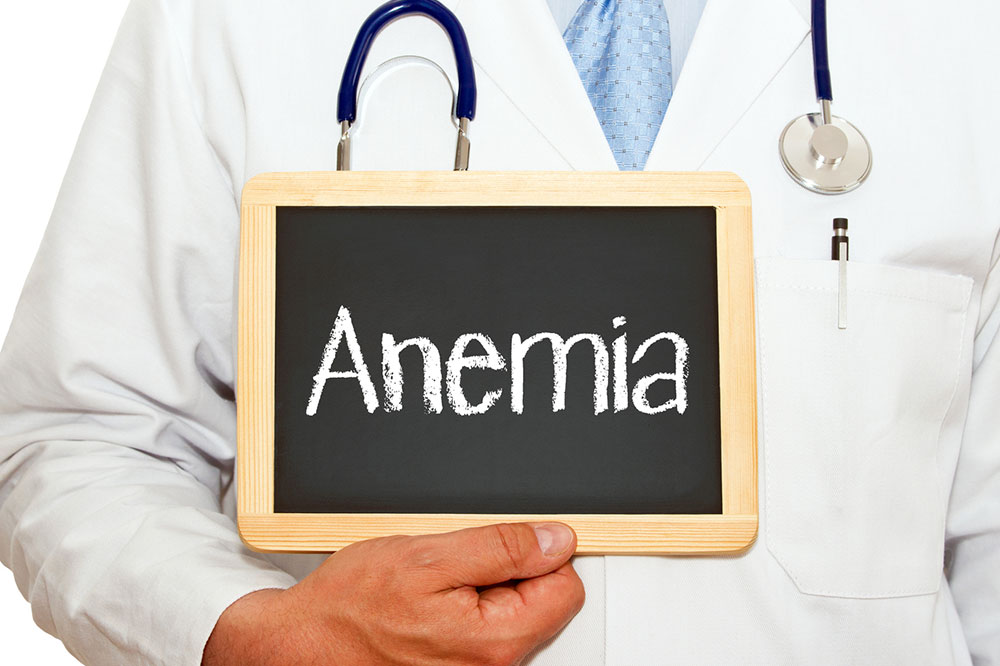A helpful overview on anemia
Anemia refers to the medical condition in which the body does not produce enough red blood cells to transfer oxygen to the tissues in the body. When you suffer from anemia, you feel weak and exhausted all the time. This disease can be temporary in nature or have a long-term effect on a person’s health, in which case they will require continual treatment.
Causes
- Inflammation
Several kinds of diseases like kidney diseases, cancer, rheumatoid arthritis, Crohn’s disease, and chronic inflammatory diseases obstruct the process of producing red blood cells. - Iron deficiency anemia
This is the most common kind of anemia.

Apart from iron, the body requires vitamin B-12 and folate to generate red blood cells. When your diet does not have any of these, there is a sharp drop in the red blood cell count. There are also cases of people who consume vitamin B-12 but not absorbing it properly. That gives rise to vitamin-deficiency anemia.
This is a rare kind of anemia that could pose a serious threat to your life. This is, again, a result of the body not producing red blood cells in sufficient quantity. Some of the common causes of aplastic anemia are taking certain medications, being in contact with toxic chemicals, suffering from autoimmune diseases, and infections.
Hemolytic anemia occurs when red blood cells get destroyed or die faster than they can be replaced by the bone marrow. If a person is suffering from a blood disease, it increases the rate at which red blood cells are being destroyed.
This is a type of hemolytic anemia that is often inherited and very serious in nature. When a kind of defective hemoglobin coerces red blood cells into assuming a crescent-like shape, it is referred to as sickle cell anemia. These abnormal red blood cells get destroyed prematurely and result in a deficiency of red blood cells.
Signs and symptoms
The symptoms of anemia vary from person to person. It depends on the kind of the disease one is suffering from and what has caused it. If anemia results from a chronic disease, the symptoms of the disease can hide the signs of the condition. In such a situation, diagnostic tests would help in determining the presence of anemia.
Here are some of the most commonly observed symptoms of anemia.
- Fatigue
- Pale skin
- Irregular heartbeat
- Shortness of breath
- Feeling weak
- Pain in the chest
- Cold feet or hands
- Suffering from headache frequently
Risk factors
- Intestinal disorder
If a person is suffering from some kind of intestinal disorder, he/she will have issues with absorbing nutrients in the small intestine. Celiac disease and Crohn’s disease are types of intestinal disorders. - Pregnancy
When you are pregnant, you must take a multivitamin tablet with iron and folic acid. If you do not do this, you will be at a high risk of suffering from anemia. - Family history
If someone or many members of your family suffer from inherited anemia, there will be a high chance of you developing it, too.

